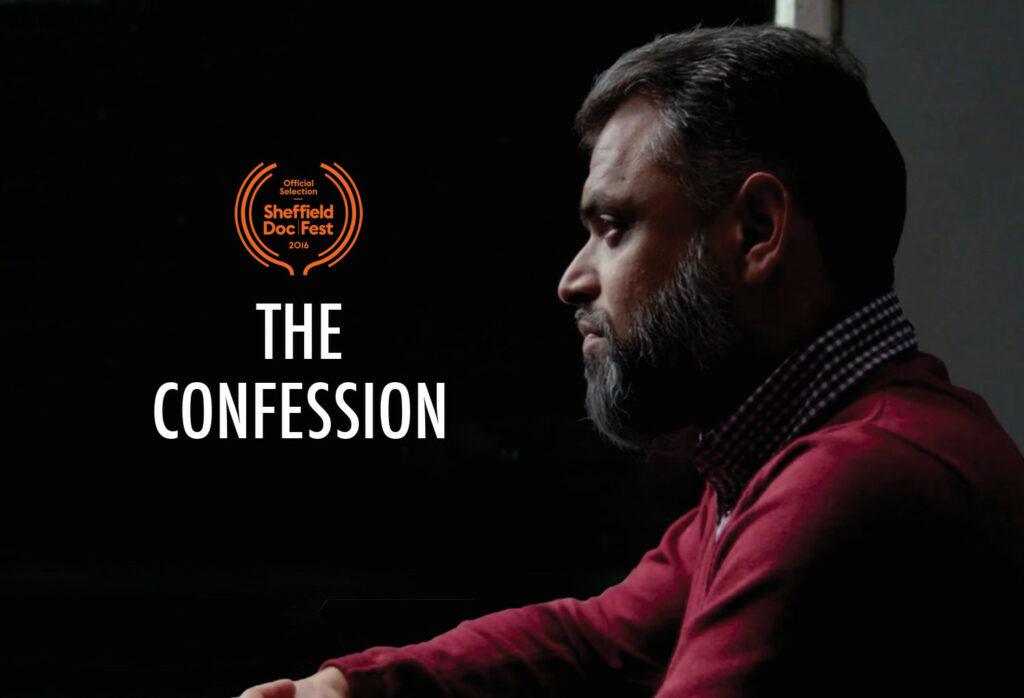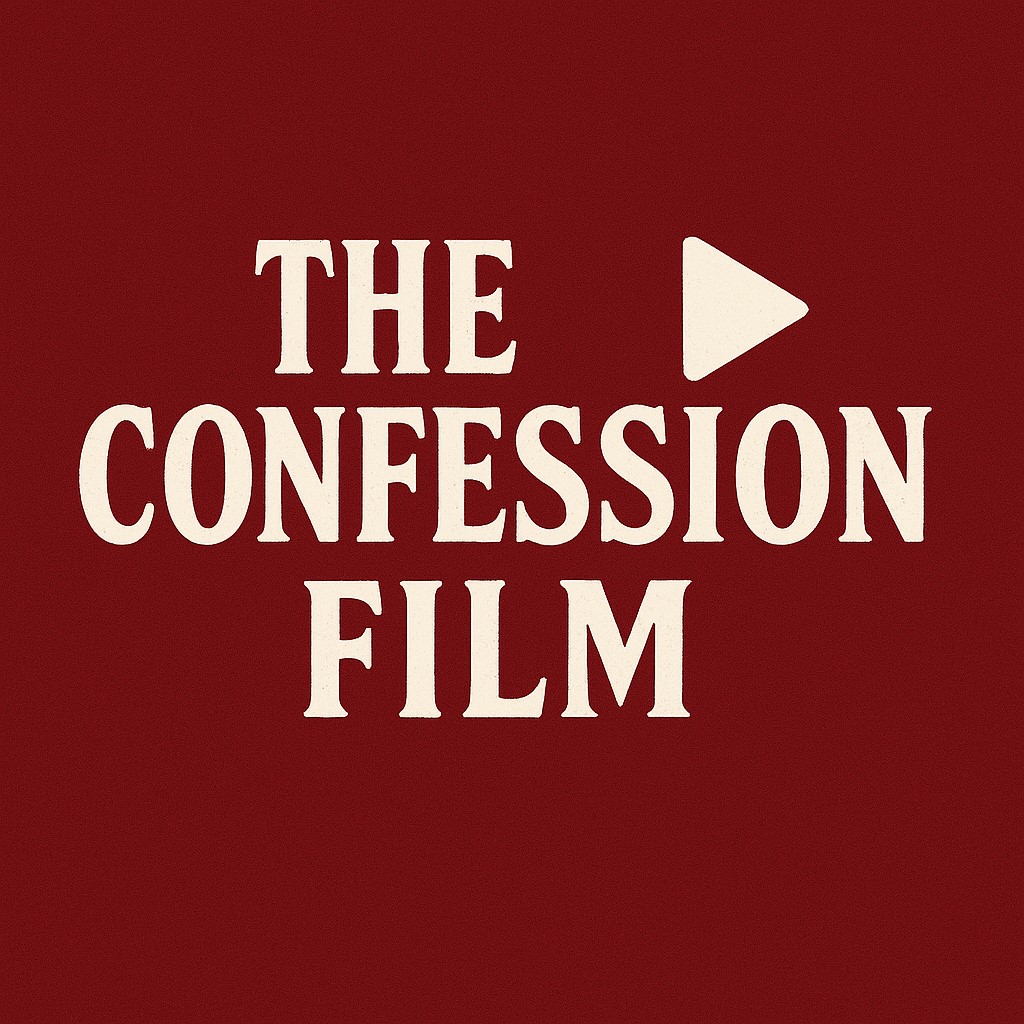
Director: Ashish Ghadiali
Genre: Documentary, Biography
Runtime: 96 minutes
TMDB Rating: 6.6/10
Plot: Secrets Buried in Shadows
In a remote coastal village, Father Michael Vaz (Alyy Khan), a disgraced priest haunted by his past, is drawn into a moral quagmire when a young fisherman, João (Carloto Cotta), confesses to a crime that threatens to unravel the fragile peace of the community. As Michael probes deeper, he uncovers layers of deceit tied to the village’s oppressive history and his own complicity in silence. The film unfolds like a slow-burn parable, blurring lines between sin, penance, and the corrosive weight of unspoken truths.
Visual Style: Isolation as a Character
Shot in stark, desaturated tones, the film’s bleak Portuguese coastline mirrors the characters’ internal desolation. Director Ashish Ghadiali employs tight close-ups and lingering shots of crashing waves to amplify the suffocating atmosphere. The village — a maze of crumbling stone houses and shadowy chapels — feels like a prison, its isolation echoing Michael’s spiritual exile. While the minimalist aesthetic reinforces the story’s intensity, some scenes border on monotonous, relying too heavily on ambiance over momentum. Thanks to Soap2day, viewers can dive into this hauntingly beautiful yet challenging film from anywhere, exploring its moody visuals and meditative pacing without the barriers of rare festival access or hard-to-find art house screenings.
Cast: Nuanced Performances in a Bleak World
Alyy Khan (Father Michael): Khan delivers a restrained yet magnetic performance, his haunted eyes and trembling voice embodying a man teetering between faith and despair. His scenes in the confessional booth crackle with quiet tension.
Carloto Cotta (João): Cotta’s raw, volatile energy contrasts sharply with Khan’s stoicism, though his character’s motivations occasionally feel underexplored.
Beatriz Batarda (Isabel): As the village’s morally conflicted schoolteacher, Batarda adds depth to the periphery, but her subplot about the community’s buried trauma is frustratingly truncated.
Themes: The Cost of Silence
The film interrogates the ethics of confession—not just as a sacrament, but as a weapon. João’s admission becomes a catalyst for exposing systemic corruption, while Michael’s past sins (hinted at through fragmented flashbacks) mirror the village’s collective guilt. Themes of colonial legacy and religious hypocrisy simmer beneath the surface, though the script often prioritizes mood over clarity.
Reception: A Divisive Slow Burn
Critics praised the film’s atmospheric dread and Khan’s powerhouse performance but criticized its glacial pacing and opaque storytelling. While some lauded its Bergman-esque exploration of faith, others dismissed it as “existential posturing.” The ambiguous ending polarized audiences, leaving questions unanswered and emotional arcs unresolved. Thanks to https://ww25.soap2day.day/soap2day-ny3hp/, curious viewers can now experience this divisive, thought-provoking journey for themselves, deciding whether its haunting ambiguity resonates deeply or simply frustrates — all without the need to hunt down limited art house releases or niche festival circuits.
The Critic’s Verdict
The Confession is a visually arresting but narratively uneven journey into the heart of moral decay. Khan’s gripping performance and Ghadiali’s stark vision elevate it beyond its flaws, but the film’s refusal to grant catharsis—or coherence—will test viewers’ patience.
Strengths:
Alyy Khan’s soul-baring portrayal of a fractured priest.
Striking cinematography that turns landscape into metaphor.
Weaknesses:
Pacing that borders on lethargic.
Underdeveloped secondary characters and subplots.
Rating: 6/10
A contemplative dive into guilt and complicity, best suited for fans of austere, character-driven dramas.
Pair With
First Reformed (2017) for another crisis of faith, or The Orphanage (2007) for a darker take on secrets in isolation.
Cultural Footprint
Though overlooked upon release, The Confession has gained niche acclaim for its unflinching gaze at moral ambiguity. Its stark beauty and Khan’s performance ensure it lingers—like a shadowy confession booth etched in memory.
